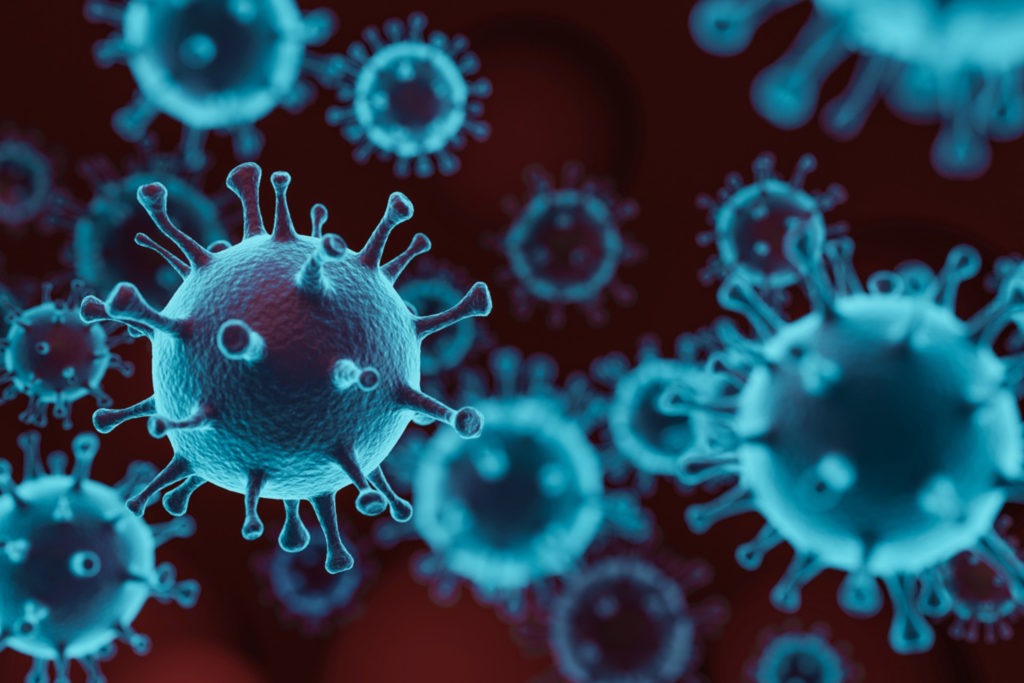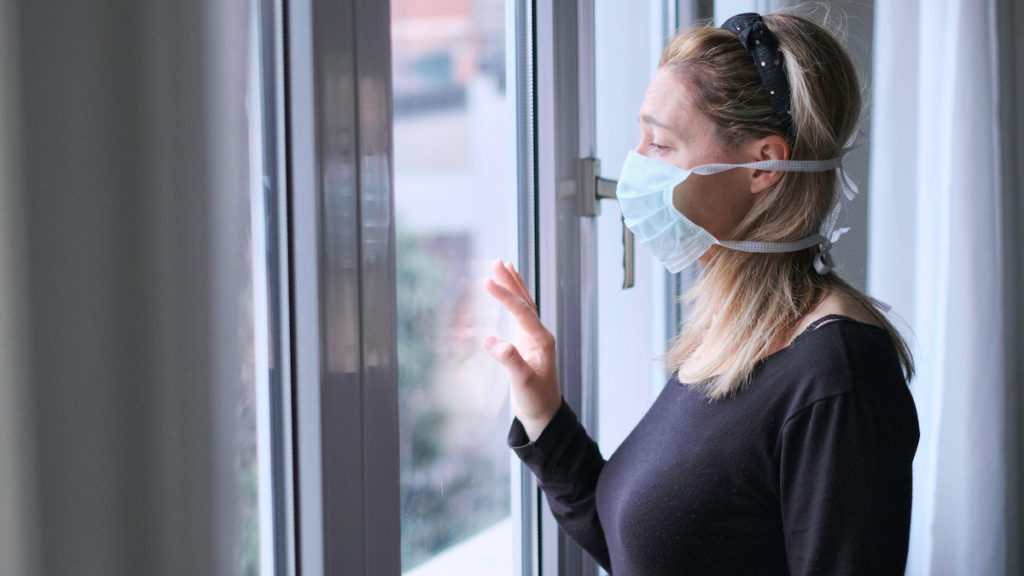Covid-19 and the Problem of Aloneness
Sunday, June 14, 2020
Glendale, California
Covid-19 and the Problem of Aloneness
Is the Covid-19 virus evil?
No.
It’s trying to survive, just like we are.
It competes for resources found in living animals. Existing in the vague zone between the organic and inorganic, viruses enter cells. They hijack cells’ DNA to replicate themselves.
We humans do a variation of the same thing.
We enter environments where we compete for food, water, shelter, other natural resources, etc.
Historically, we too have had little care for our host—just like viruses. In fact, some think we humans behave like them. For more information on that sad topic, click here:
http://psychoanalyzinglife.com/all/life-style/are-we-humans-a-virus-to-the-earth/
Consider the range of truth currently existing regarding Covid-19.

There are a few clearly established facts.
For example, it is a virus, not a bacteria. It triggers primarily (but not exclusively) a respiratory reaction—often causing pneumonia. It can be spread by carriers who are asymptomatic. One must have contact with the virus, to some degree (called viral load), to catch it. Lethality usually results if you have an underlying medical condition, if you are immunocompromised, or if your body’s immune system reacts overly-aggressively to the virus.
If you’re particularly unlucky, or if you inhale a large viral load, it absolutely can kill. Ironically, it is actually the excessive immune response that proves lethal. The vast majority of people, more than 90 percent, will have minor to moderate symptoms if they catch the virus.
Much remains unknown about Covid-19, though. For example, controversy lingers as to whether infected respiratory droplets or tiny airborne ones can infect you.
Because of the uncertainty around it, we face considerable aloneness in deciding how to deal with the situation.
The extremes, approaching something like insanity, are easily identified.
On the one hand, no information suggests that Covid-19 falls randomly from the Heavens. You cannot get it if someone puts a spell on you. If you’re a scientist studying in isolation in Antartica, and you’ve had no contact with living human beings for more than a few weeks, you aren’t going to get the virus. It has a logic. Occasionally, reasons for infection are difficult-to-find. But the vast majority of time they occur because of exposure to an infected person.
Those fearful of leaving their house for any reason, who refuse to touch any objects until a few days have passed, or who may even put their mail or packages in a microwave before opening them, err on the side of extreme caution. No evidence exists to suggest you, for example, should remain locked alone in your house for months, wearing masks and gloves, spending hours sanitizing your home, avoiding all social contact whatsoever.
Those extremely conservative individuals risk rejection of others and descent into alienation and loneliness. They shelter inside, trembling over bowls brimming with dried cereal, viewing the world through googles and breathing through their N95 masks.
On the other hand, a pandemic is upon us. It impacts all countries around the globe. It’s rate of lethality exceeds that of the usual colds or flus we all get. It is highly infectious. Those who think they can go to a rock concert, a Trump rally, or have a teenage swimming party without masks or social distancing, are behaving foolishly.
Their level of denial approaches, if not exceeds, what would be considered psychotic.
Excessive adherence to any of these extremes causes problems. We live in a social environment, swimming through a pool of other people.
We need human contact for physical and mental health.
Alas, the global population has become increasingly hygienized. It has forgotten normal vulnerability—like that planes sometimes crash, some young people get cancer, and, if you live long enough, you’ll begin to fall apart until you ultimately drop dead.
WE ARE ALL VULNERABLE.

If we isolate to excess, we contribute to loneliness, abandon others, contribute to the economic calamity associated already with the coronavirus.
If we throw caution completely to the wind, we risk getting infected or infecting others. The infection, and associated death rate, could exponentially increase if most people around the world ignored the existence of this new virus.
Our search for the truth is, as usual, a lonely one.
The Indian philosopher Krishnamurti, considered contemporary because he died in 1986, ardently preached individuality. He had no professed allegiance to any nationality, caste, religion, or philosophy. He spent most of his life traveling the world, speaking to audiences large and small. His most well-known books include The First and Last Freedom and The Only Revolution.
Regarding the search for truth, for example, Krishnamurti recommends, as noted on page 42 of his book, Think on These Things, that the human being
[…] must be free of civilization; that is, he or she must be free of the collective will and stand alone. And this is an essential part of education: to learn to stand alone so that you are not caught in the will of the many or in the will of one, and are therefore capable of discovering for yourself what is true.
Krishnamurti also addresses the immense influence of culture, of socialization, on all of us. He writes on p. 12, of the same book, of the need to cleanse oneself of these influences which are:
made up, not only of all the thoughts that you think, but also all the things that have been put into your mind by other people, by books, by the newspapers, by your leaders; and it is possible to understand all that only when you don’t want to be somebody, when you don’t imitate, when you don’t follow—which means, really, when you are in revolt against the whole tradition of trying to become something.
Consider it a personal revolution as you decide how you, personally, will deal with this pandemic.
How tempting it is to go by exactly what Anthony Fauci says, as if he’s the golden mean of truth about Covid-19.
How tempting to follow the Fox news anchors, most of whom think the Covid-19 virus is overblown.
Instead, we all stand alone, armed with the range of facts, making decisions about how to proceed.
Who would’ve thought the Covid-19 pandemic an opportunity for facing existential aloneness?
And, yet, here we are, navigating through extremely uncertain times, weighing the risks of socialization versus isolation.
Certitude, says psychoanalyst Jacques Lacan, is a sign of psychosis.
Beware of certitude, ready yourself to alter your behavior as new information as emerges, and, meanwhile, embrace your aloneness.
Stop trying to be somebody.
Be yourself.
Discover and embrace what you find to be true while remaining sensitive to your impact on others.
References
Krishnamurti (1964). Think on These Things. (Edited by D. Rajagopal). New York: Harper.
Like this post? Subscribe to Psychoanalyzing Life.




